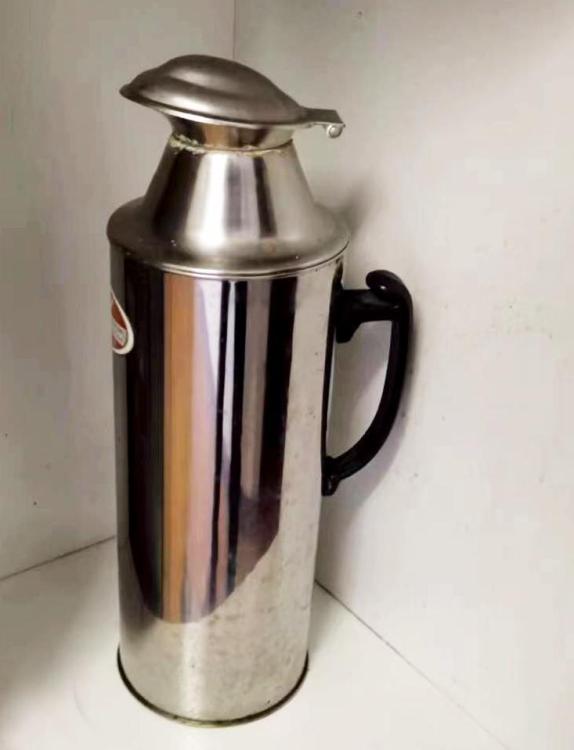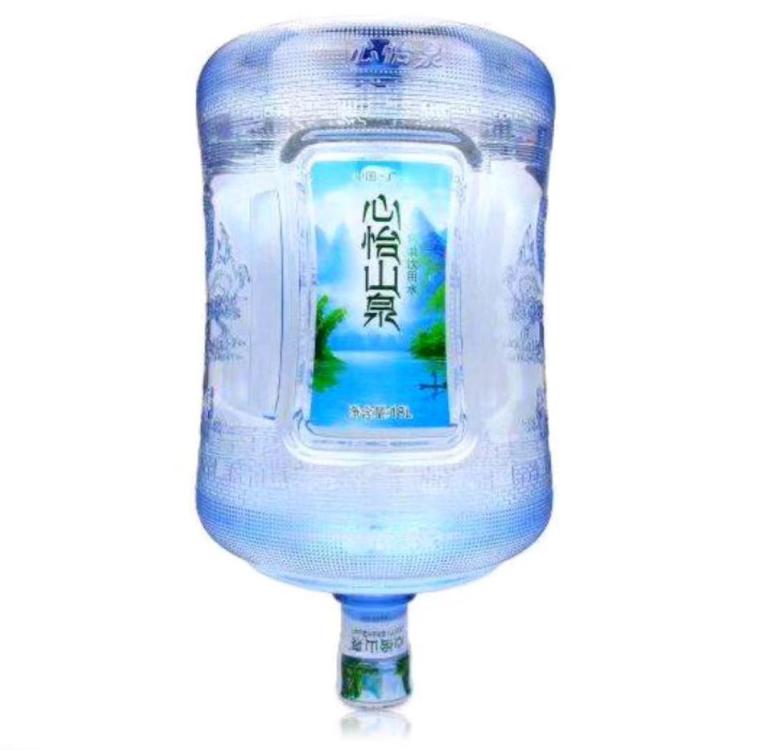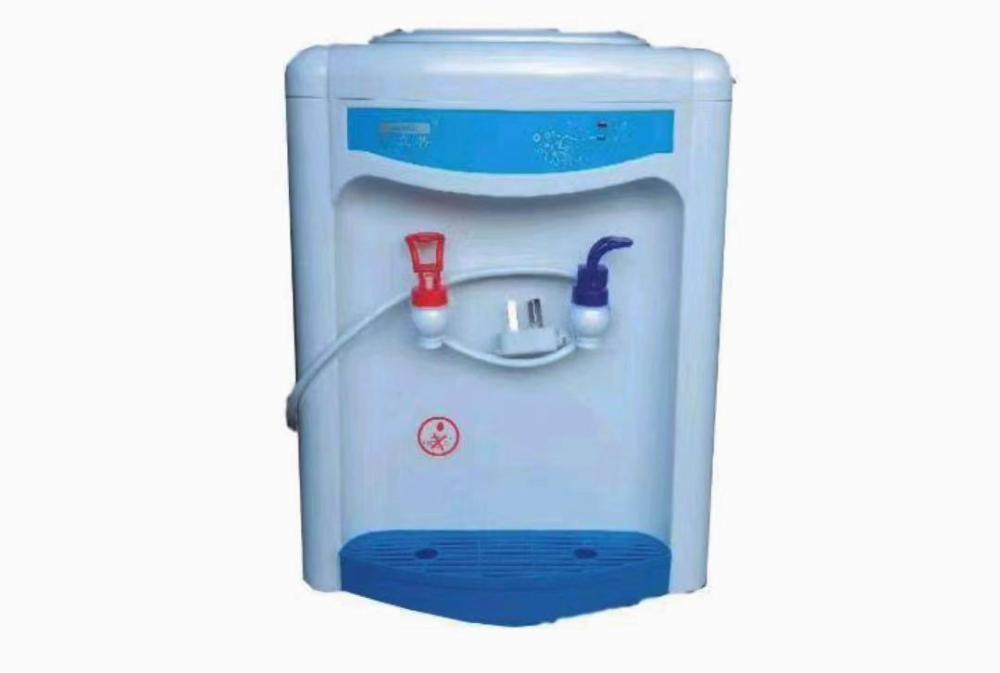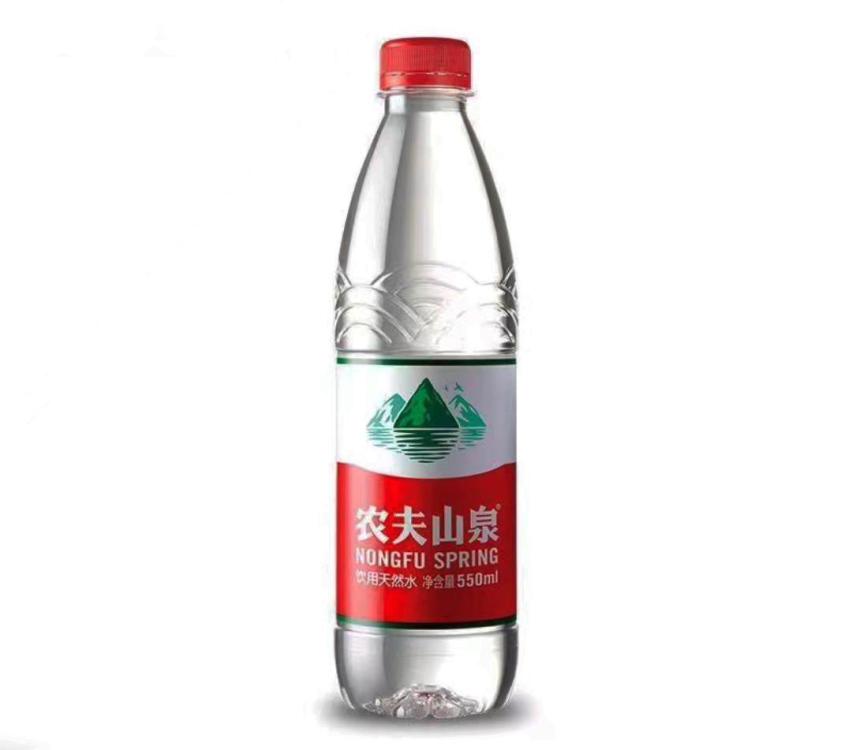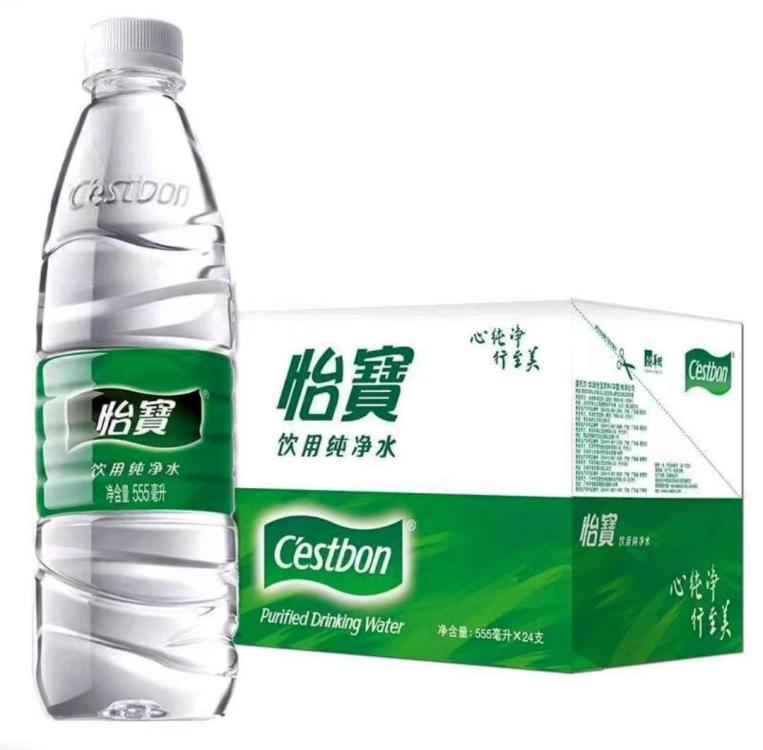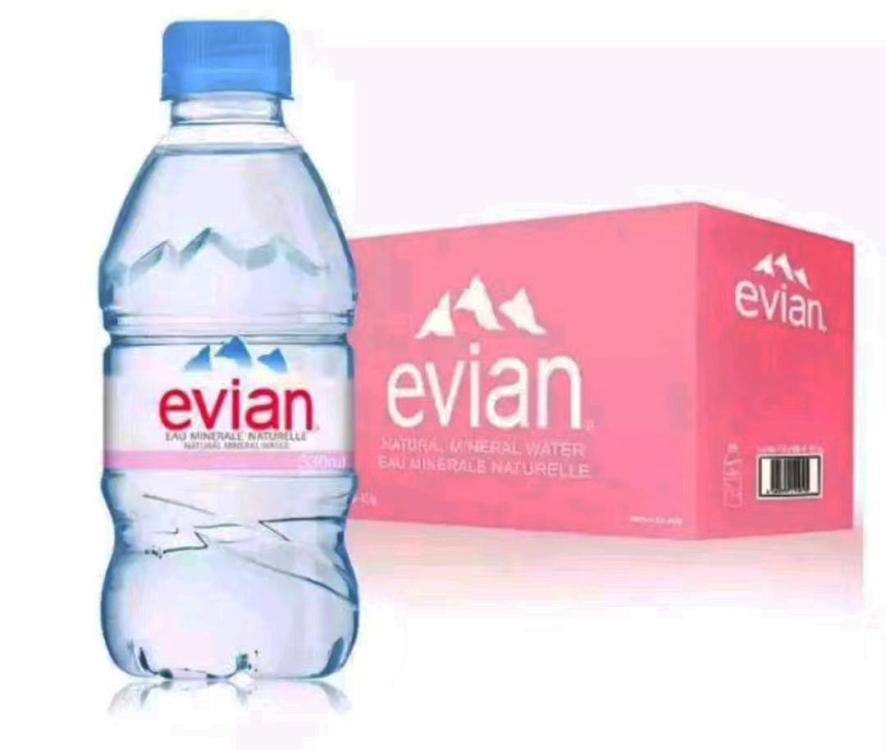This issue came up again yesterday in the Dinner 2024 topic. I was asked by @KennethTabout my local water supply here in China.
In general, the advice given is not to drink the local tap water anywhere in China. Few people, including me, ever do. When I first came here (1996), I didn't even brush my teeth with tap water, but was never concerned about washing vegetables with it (not logical, I know). I would use bottled water for teeth and for drinking. I soon gave up the teeth related usage. As someone mentioned on the thread yesterday, people do get acclimatised to the local water and less prone to negative reactions.
So, when I get visitors from Europe or North America, I advise them to stick to water for teeth cleaning and to only drink bottled purified water. Ice cubes in bars are made from purified water and safe.
Local Chinese friends simply don't believe me when I say the water in the Uk is generally safe to drink. A couple of disgraceful water pollition scandals in Britain in recent weeks have only confirmed their views.
In more rural settings in China , people always boil the local water. In fact, trains and hotels always have supplies of boiled water available in samovars on trains and vacuum flasks in hotel rooms. Many people even in cities still hold on to their flasks. I found one in this rented apartment when I moved in.
4 litre vacuum flask
I can buy purified water in large (19 litre) bottles for use with this type of dispenser – most people have them at home, as do I refills are cheap and delivered to the door.
Additionally, I buy in these 555ml bottles for convenient portability.
I buy in boxes of 24, again delivered to my door.
China has very little ‘mineral water’ and no sparkling / carbonated water, although imported Perrier, Evian, San Pellegrino etc are available, though expensive at up to five times the price of local brands. But nearly all the local waters are ‘purified’.
The only time I’ve had a problems with water, albeit a serious one, was in 2012 as reported here in an article I wrote for a Beijing media company. The ‘problem’ lasted less than a month.
Yizhou is a small city in Hechi Prefecture in the north west of Guangxi. It is a sleepy sort of place which has yet to benefit from the development being carried out elsewhere in Guangxi. It is popular with the locals in summer as it lies in beautiful karst scenery similar to that of Yangshuo, but definitely much less touristy. There are many riverside fish restaurants, but most popular are the boat rides along the Longjiang River, some of which drop you off at “minority villages’ where you can partake in mock marriage ceremonies. I’ve been “married” there more than once. Never saw the girls again. The first village I visited was actually built as a movie set and no one really lived there.
Apart from that, nothing much really happens there, although in 2008, it made international newspapers when twenty people were killed in a chemical factory explosion.
Now it has hit the headlines again. On January 15 2012, alerted by the discovery of hundreds of dead fish in cages in a reservoir on the river, local authorities tested the water and discovered cadmium levels higher than the permitted safety level. Cadmium is a highly toxic heavy metal used in batteries, electroplating and in some industrial paints. Exposure can lead to kidney failure or cancer.
On Thursday January 19, the Hechi government issued a statement saying that the cadmium level at Luodong Hydropower Station at the river’s lower reaches was 0.0247 mlligrams per litre, three times higher than the official limit. Other reports also mentioned that arsenic levels were above permitted levels.
The authorities warned local residents not to drink the water and ordered dams to be opened to dilute the chemicals and hopefully bring levels back to normal. They began dosing the river with dissolved aluminium chloride in an attempt to neutralise the contaminants. At the same time, they started digging wells and arranging other alternative water sources. Investigations later revealed that the pollution was caused by a discharge by Guangxi Jinhe Mining Company, which operates upstream.
After flowing past Yizhou, the river meanders west before joining the much bigger Liujiang river which then flows south to the first major city in its path — Liuzhou, Guangxi’s industrial centre. The river loops through the city centre and is the venue for international water sports events etc. Thereafter, it flows south east, eventually joining the Pearl River. Several years ago, it was possible to take a ferry from Liuzhou to Guangzhou, but no longer.
The news from Yizhou also trickled down to Liuzhou over the Chinese New Year weekend and Monday’s New Years Day. I first read about an outbreak of panic buying of bottled water on Tuesday January 24 but I visited the city’s three largest supermarkets that day and saw no sign of anything unusual.
By Thursday, the news had reached the wire services and appeared on the BBC news site. By then, people really were panic buying and they still are.
This morning (Friday 27), I visited the two largest supermarkets in the city centre. Nancheng department store had completely run out of bottled water but in Lianhua Century Market, people were queuing up with stacks of boxes of bottled water piled up in their trolleys. My local corner shop, also operated by Lianhua, is completely out of water, too.
It is only today that the local media are beginning to report anything about this, perhaps out of their usual reluctance to print bad news, or perhaps because everyone is still on holiday. Liuzhou authorities are saying that pollutant levels in the Liujiang are well within safety limits and urging people to behave calmly. At the same time they say they are monitoring bottled water supplies and trying to ensure that there are no illegal price hikes as happened in March of last year when people idiotically began panic buying salt to supposedly prevent radiation poisoning in the wake of the Japanese nuclear accident.
There is a long tradition of swimming in the Liujiang. Every day, no matter how cold, elderly men and women can be seen slowly swim long distances up and down the river, trailing their clothes behind them in floating boxes. Today, when I walked by the riverside, there were none. And I don’t suppose the locals will be buying much fish this week.
Update: At 23:36 on Friday January 27 2012, Liuzhou officials sent this message to all cell phones in the city.
Don’t worry about your tap water. It’s safe. If it becomes necessary to control the water supply, we will give 24 hours notice via the media.
温馨提示:只要水龙头拧开出的水,必定是合标的安全用水,请大家放心使用
在控制供水之前24小时,将通过新闻媒体提醒您储存好备用水。【代柳州市应急指挥部信息发布组发】
Now, I just stick to drinking beer.


